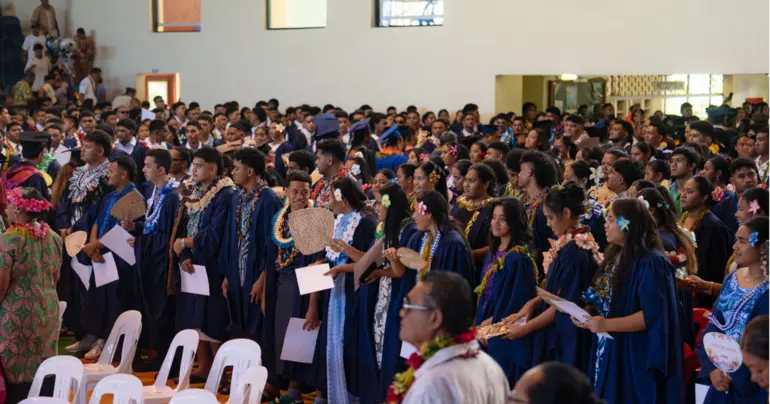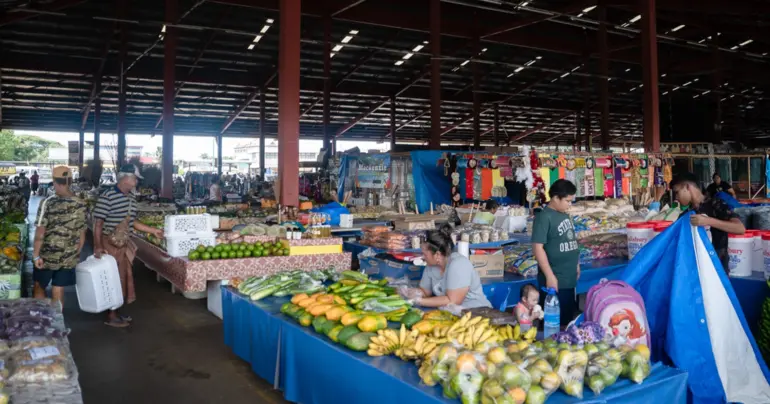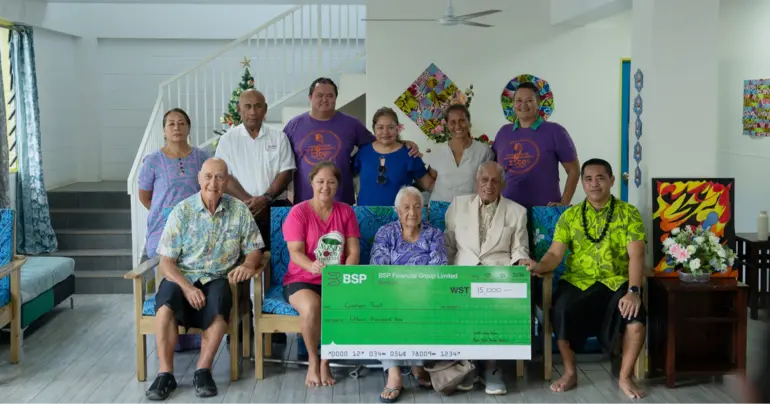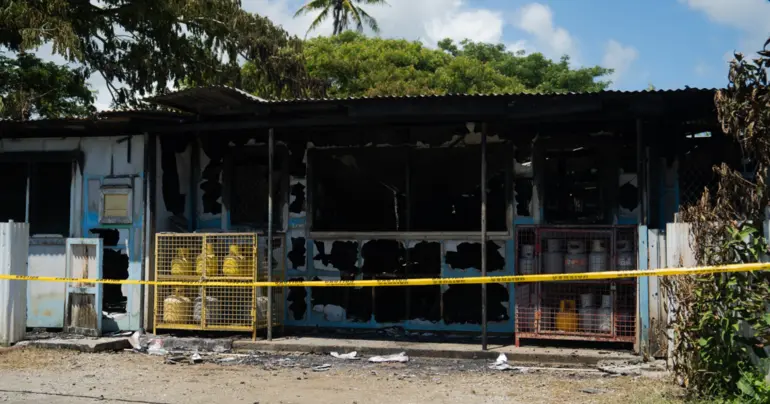Don't leave it late, Nursing student says
 By Adel Fruean
•
20 September 2019, 5:00PM
By Adel Fruean
•
20 September 2019, 5:00PM
An Australian nursing student has highlighted what she said is one of the most common challenges she has found at the hospital in Samoa.
“While working in the hospitals in Samoa, I noticed that it is very common in Samoa that families start treatments with herbal,” Lani Davies from Charles Sturt University told the Samoa Observer.
Ms. Davies is studying her Bachelor’s degree in nursing. She is in Samoa with 11 other students for their placements, working for two weeks.
The 20-year-old said that there was a case where a parent waited for up to a month before seeking medical help for a sick child.
“When the parents decided to bring the children to the hospital, the child was in a critical condition that it resulted in the child passing away," she said.
“As a nursing student, I want to encourage the people of Samoa whether it is a child or an adult that when they are sick please seek medical help at the hospitals, don’t wait and prolong the condition because it could be fatal."
Ms. Davies worked at the Moto'otua hospital.
She said that they were able to help the local nurses with their daily schedules in the Intensive Care Unit (I.C.U.).
“I spent two days in the I.C.U. and I was caring for young children that were on ventilators and very chronic condition, it was very sad to watch but it’s very good learning experience.
“There was also a chance I was in the operating theatre as well, I was able to observe some surgeries of fractures and a bullet in the arm, and I was helping in the maternity ward.
“I was fortunate to go into the ambulance out to the community to a district hospital and collect another patient and come back to the hospital."
Ms. Davies said that her experience will make her a better nurse.
“Samoa is very different from Australia in terms resources. There are more available equipment and technology back home. Samoa uses what is available. They wash some of the health equipment which is good because in Australia there is so much waste.”
The only difficult she experienced was the language barrier.
“We also went to Savaii specifically the Tuasivi Hospital, we did community health and vaccinations on children and babies.
“I was also at the screening of diabetes patients and we have helped National Kidney Foundation with their kidney screening programme.”
She became a nurse because she wanted to help people and being able to treat patients and seeing them recover, to her is the best feeling ever.
“My grandfather is a palliative nurse in Sweden. I have one more year of studies which accumulates to three years but from my whole experience in Samoa, I have learned to be gentle when caring for patients.”
One of the lecturers from Charles Sturt University, Keden Montgomery said that the students spend 800 hours of their learning throughout three years, working in hospitals, learning their practical side of nursing.
“It is very important that we provide them with a range of different environments in health care systems to learn from, so our students can choose to do their placements in Samoa, Philippines, Cambodia or India.
“To extend their knowledge of overseas health care and provision of this will give them resourcefulness; it allows them to expand their knowledge in terms of infection control safety.
“The experience enhances their thinking ability in remembering their academic and theoretical knowledge and can apply that to challenging and confronting situations which is important for their development.”
 By Adel Fruean
•
20 September 2019, 5:00PM
By Adel Fruean
•
20 September 2019, 5:00PM











